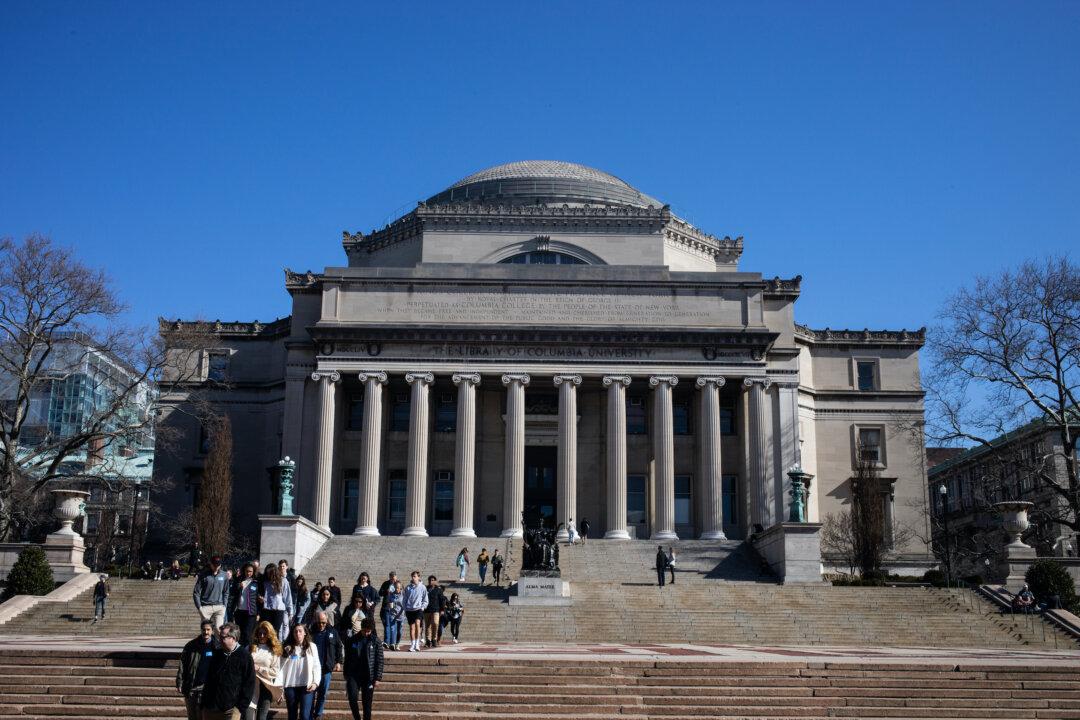Internal emails of Dr. Anthony Fauci, recently obtained by U.S. media through the Freedom of Information Act (FOIA), have cast a spotlight on the longstanding relationship between an epidemiology professor at Columbia University and China.
Walter Ian Lipkin, a Columbia professor known as a “virus hunter” for his long career in studying infectious diseases, wrote to Fauci, the director of the National Institute of Allergy and Infectious Diseases, in May 2020 and appears to thank the official for publicly rejecting the possibility that the virus leaked from a lab.





